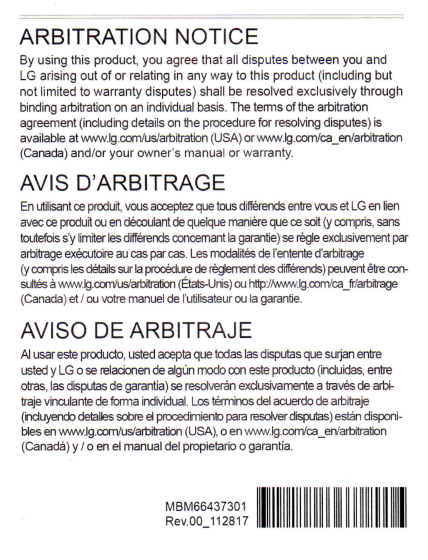 The proposed rules for the new session of the House of Representatives are something else indeed.
The proposed rules for the new session of the House of Representatives are something else indeed.
Yes, they do the headline stuff you likely heard about, but there are real devils in the details.
At least one of the changes is a good one: requiring 72 hours advance notice for spending bills instead of dropping giant documents on members with a take-it-or leave it vote.
Another change sounds good in principle, but is in fact warped to be only unhelpful. And it is likely to be a disaster in practice. In principle the idea of allowing any member to propose floor amendments to spending bills is a good thing. Unfortunately, the practice got corrupted by political posturing well over a decade ago. At one point, then-minority Republicans seized on the amendment process to propose various amendments designed not to succeed but cause painful sound bites for vulnerable Democrats (“Smith voted against controlling spending on {whatever} TEN times”). Others started introducing rafts of amendments mainly designed to create delay. So the leadership of both parties started either rationing or eliminating amendments. That’s not very democratic, and returning to ‘regular order’ might in theory be good, although the weaponization of amendments is sure to return.
The real evil here, though, is that only amendments cutting spending will be allowed. Any amendment raising spending without an off-setting cut will be ruled out of order. Since the new leadership also contemplates returning to the practice of having multiple spending bills divided by subject matter, I’m guessing that it will not be possible to, say, propose more money for childcare at the expense of military spending on golf courses because those come in different bills. Even if cross-subject offsets are possible, it means that every bill that comes to the floor in effect will be a ceiling on expenditures.
The rule sets up lighting consideration for two concurrent resolutions: “(H. Con. Res. 4) expressing support for the Nation’s law enforcement agencies and condemning any efforts to defund or dismantle law enforcement agencies” and “(H. Con. Res. 3) expressing the sense of Congress condemning the recent attacks on prolife facilities, groups, and churches.”
The rule also creates lightning procedures – no amendment, little debate – for some pet projects (hypocrisy anyone?) such as bills to allow more oil leases, cut appropriations to the IRS designed to reduce tax cheating by rich people, “(H.R. 7) to prohibit taxpayer fund-ed abortions,” and so on.
And then there are the witch hunts. A Select Subcommittee on the Coronavirus Pandemic would be a great idea if it were not to be stuffed with people who think Dr. Fauci is the devil. A Select Committee on the “Strategic Competition Between the United States and the Chinese Communist Party” just sounds weird–isn’t the competition with the People’s Republic, not the CCP? A Select Subcommittee (of the Justice Committee) on the “Weaponization of the Federal Government” — this will be Jim Jordan’s revival of the House UnAmerican Activities Committee, now with more classified documents and a bonus helping of Congresspersons who are being investigated for crimes doing their best to muck up the investigations.
Fun times a-coming.
Update: Neglected to mention the trashing of the (already quite tame) House Office of Congressional Ethics.
 I would be far more annoyed had stuff like this not been the hypo I gave my students years ago when teaching about so-called ‘clickwrap’ contract terms. Now I try to be amused.
I would be far more annoyed had stuff like this not been the hypo I gave my students years ago when teaching about so-called ‘clickwrap’ contract terms. Now I try to be amused.

 The proposed
The proposed 

